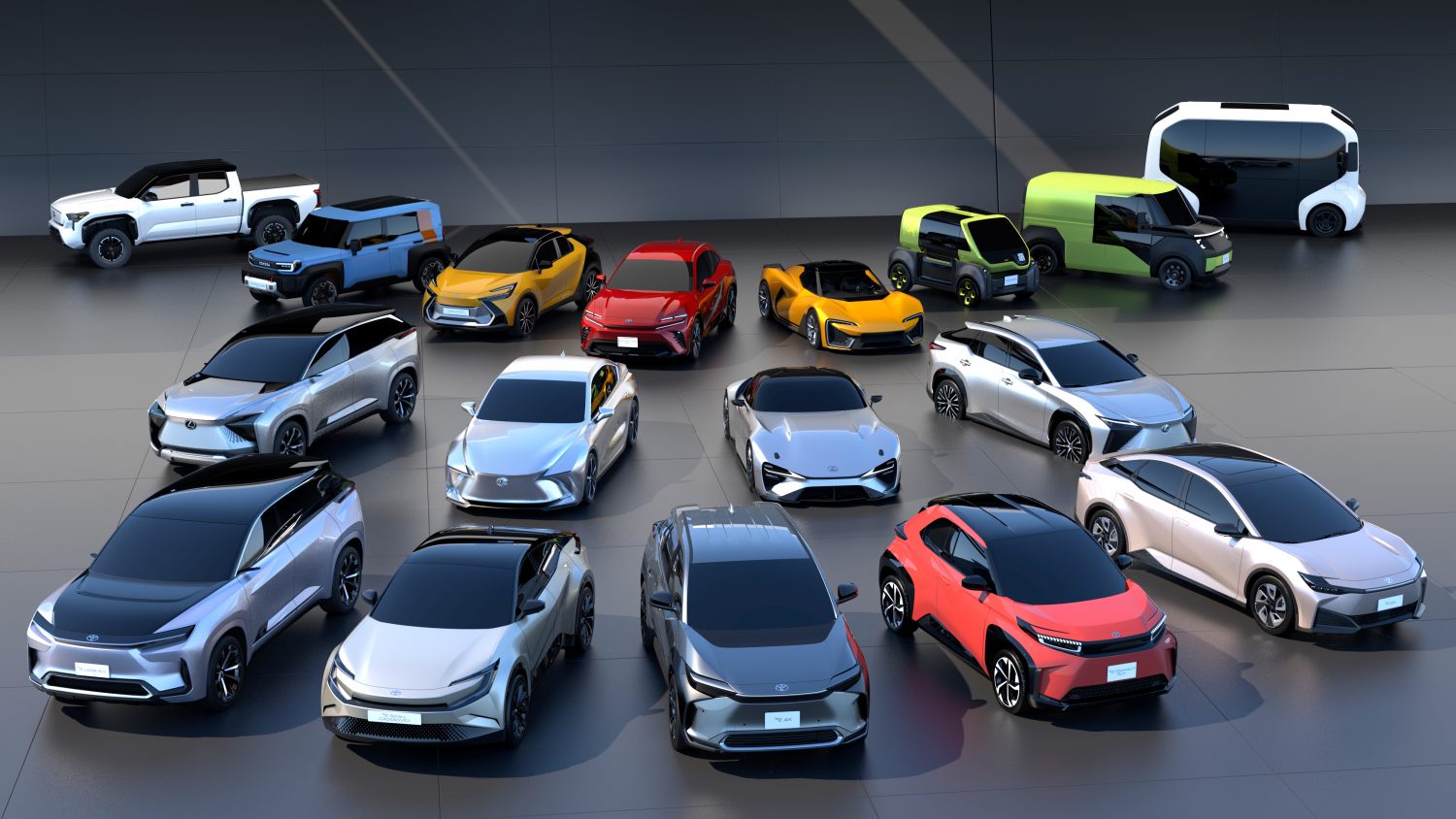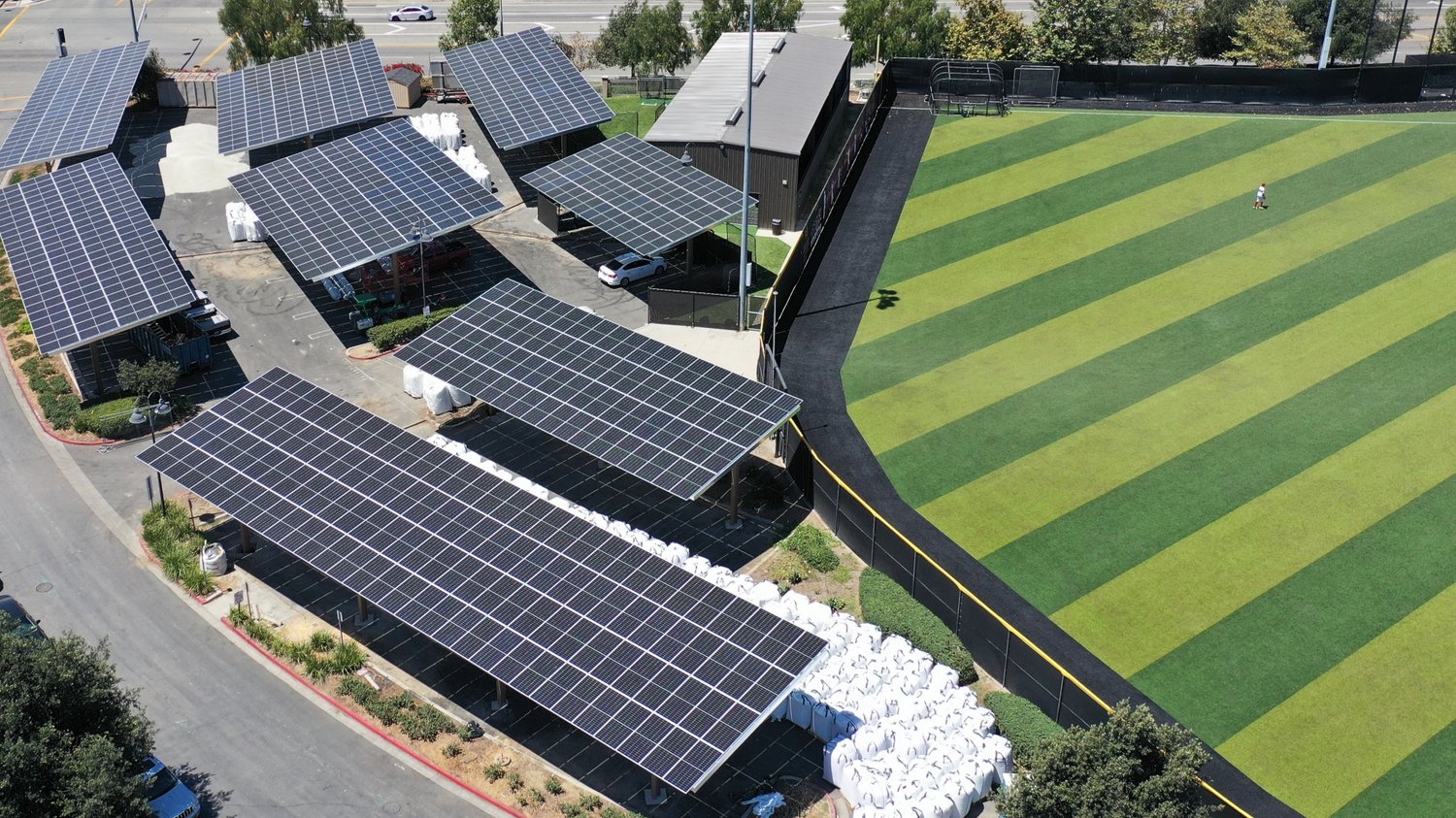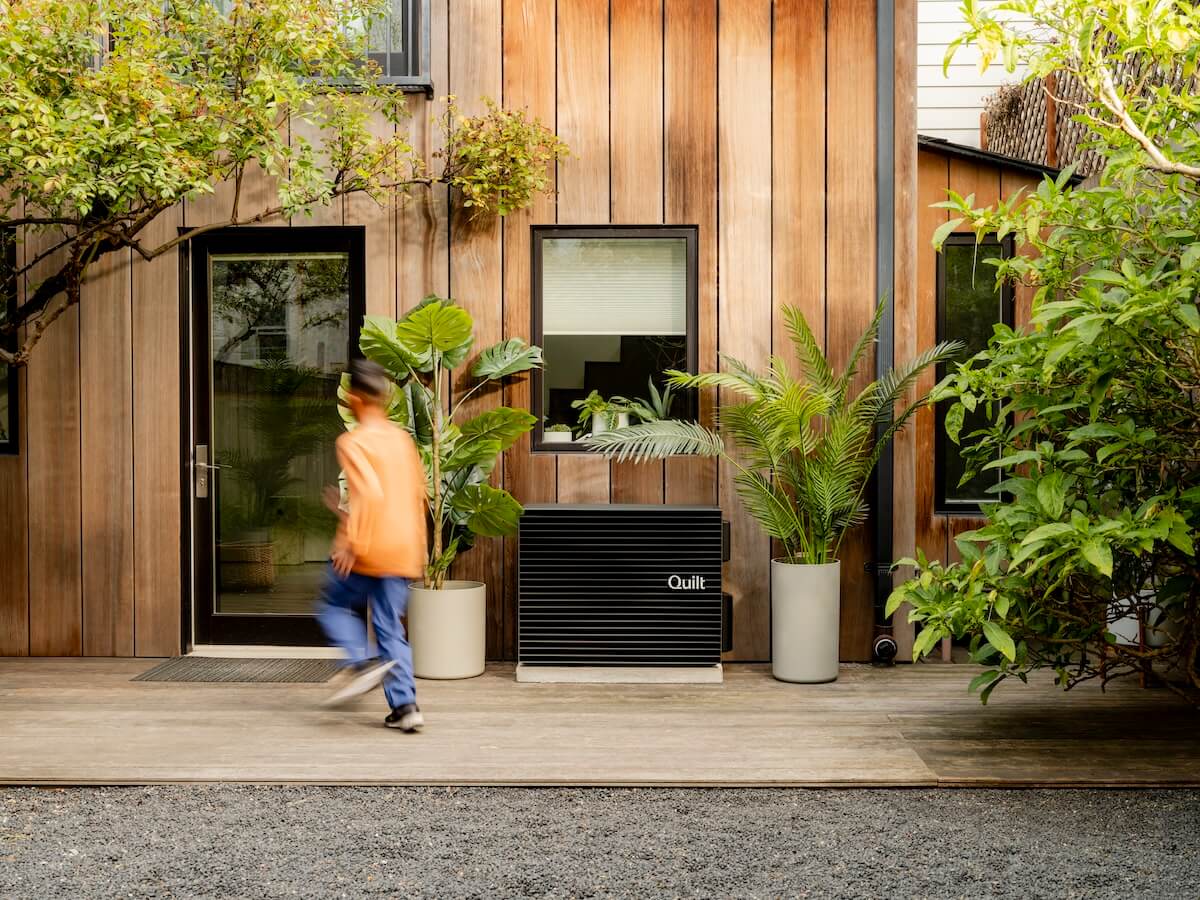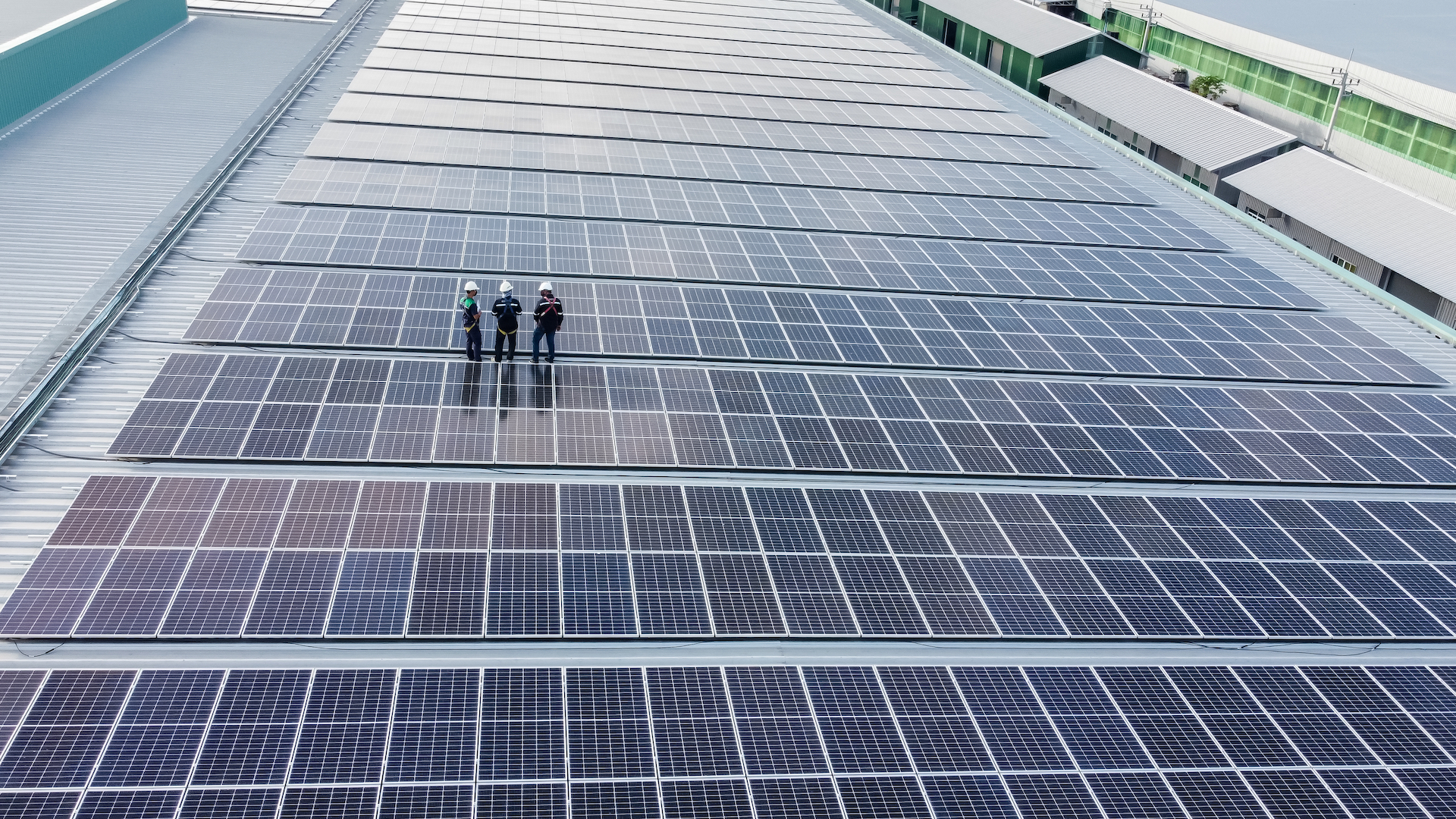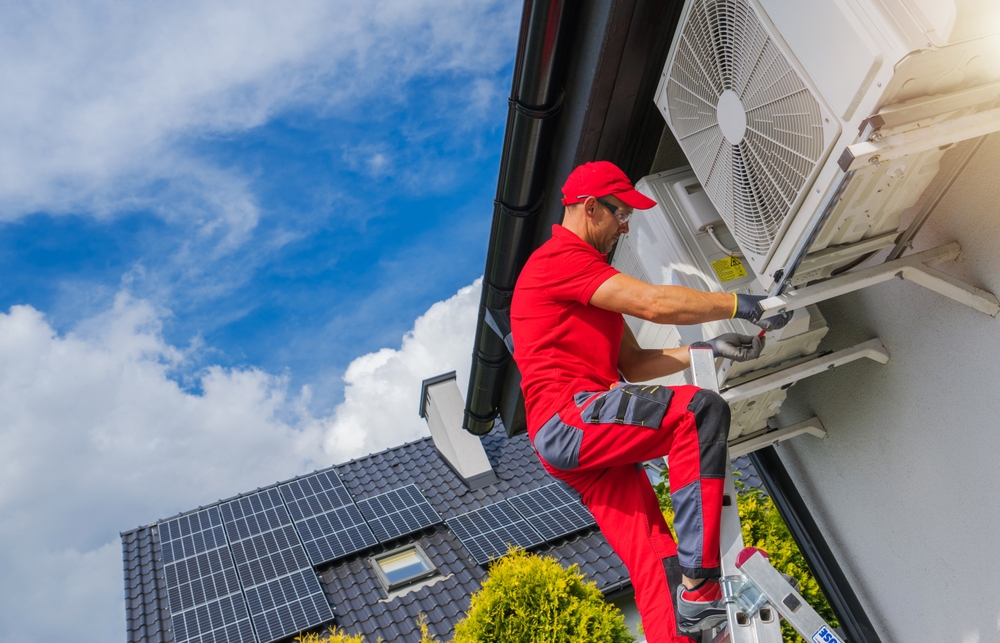ImpactAlpha, December 15 — Automakers GM and Ford are embracing the all-electric future.
Toyota is raising its game more modestly, announcing it will market 30 battery-electric passenger and commercial cars, and aim for annual sales of 3.5 million cars, or about one-third of its total, by 2030. Its Lexus luxury brand will only sell all-electric cars by 2035.
Toyota, which pioneered hybrid vehicles with the Prius, committed another $35 billion to hybrids and hydrogen powered vehicles. The world’s largest auto manufacturer last month declined to sign a pledge by GM, Ford and other carmakers to phase out fossil fuel cars by 2040.
“If the energy that powers vehicles is not clean, the use of an electrified vehicle, no matter what type it might be, will not result in zero CO2 emissions,” Toyota’s Aiko Toyoda said at a press briefing.
Taking flight
Hollister, Calif.-based ZeroAvia, which aims to decarbonize air travel with hydrogen-electric regional airplanes, raised another $35 million in a round backed by United Airlines and Alaska Air Group. United will buy up to 100 hydrogen-electric engines from ZeroAvia.
Separately, Canada’s eLeapPower, whose engine tech is used in EVs to optimize battery performance, raised $16.3 million in Series A funding.

